'Take Care of Maya’: Family drops lawsuit against social worker as case against hospital goes forward
‘Take Care of Maya’ family drops social worker suit
A family suing Johns Hopkins All Children's Hospital for $200 million after their daughter was taken into state custody and her mother died by suicide following allegations of child abuse has dropped a social worker as a defendant in the case. Jennifer Epstein reports.
VENICE, Fla. - A key defendant has been dropped in connection to a case against Johns Hopkins All Children’s Hospital made widely known by the Netflix documentary ‘Take Care of Maya’.
The Kowalski family filed a $200 million lawsuit claiming the actions of doctors, the Department of Children and Families and Johns Hopkins All Children’s Hospital pushed Maya’s mother to take her own life.
"My mom died, and I will never get to see her again. Ever," Maya Kowalski can be heard saying during a deposition included in the Netflix documentary, "Take Care Of Maya".
Court documents show that on the third day of jury selection, the family dropped charges against DCF social worker, Catherine Bedy, who was a main focus of the Netflix documentary.
The family’s attorney reportedly described the decision as a ‘walkaway agreement’, which means the family chose to drop the suit against Bedy while continuing to sue the hospital.
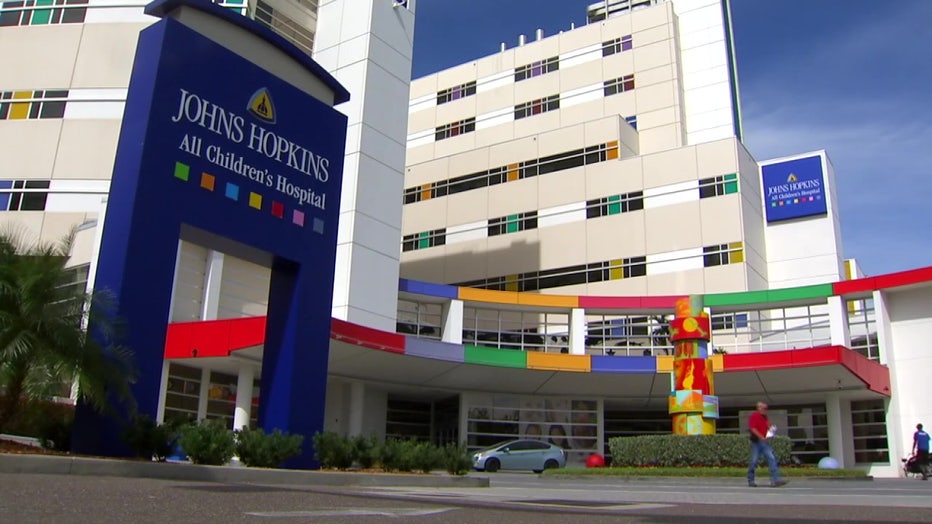
File: Johns Hopkins All Children's Hospital
According to the Sarasota Herald Tribune, the decision to drop Bedy was purely tactical, claiming it would be hard to otherwise select a jury.
PREVIOUS: Family in Netflix’s ‘Take Care of Maya’ takes lawsuit against Johns Hopkins All Children’s to court
Bedy no longer works for the DCF Suncoast Center and the family already settled with the organization along with child abuse pediatrician Dr. Sally Smith, who also worked for the Suncoast Center.
What happened to Maya?
According to the Kowalskis, Maya suffers from Complex Regional Pain Syndrome (CRPS), which is a rare, and debilitating chronic condition. Their lawsuit alleges Maya was having an intense flare up of pain when her father rushed her to the emergency room at Johns Hopkins All Children's Hospital.
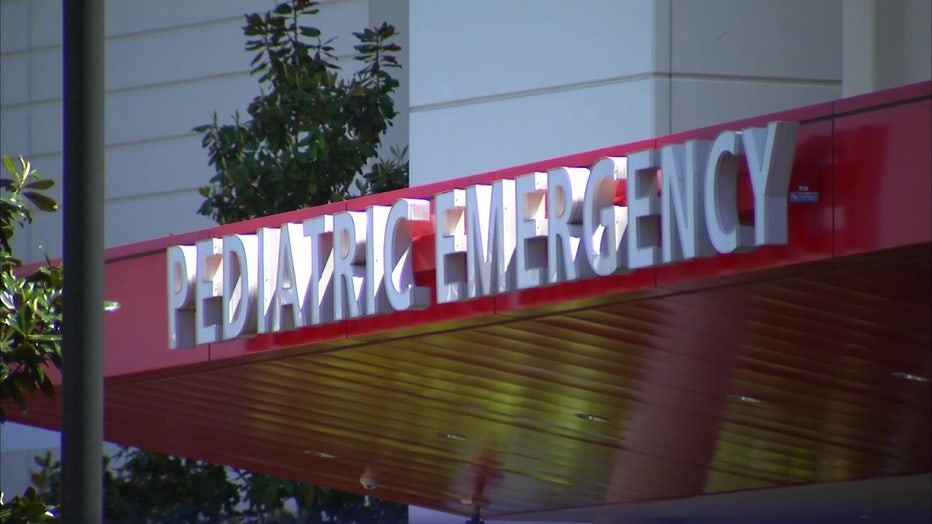
Pediatric emergency entrance to Johns Hopkins All Children's Hospital.
The Kowalskis say Maya had been receiving Ketamine infusion therapy for over a year as part of her treatment for CRPS.
READ: Heart tissue that traveled to space may benefit patients on Earth
Ketamine is an anesthetic that reduces sensation and can have hallucinogenic effects. It is sometimes abused recreationally and in high doses, ketamine can induce coma or even death.
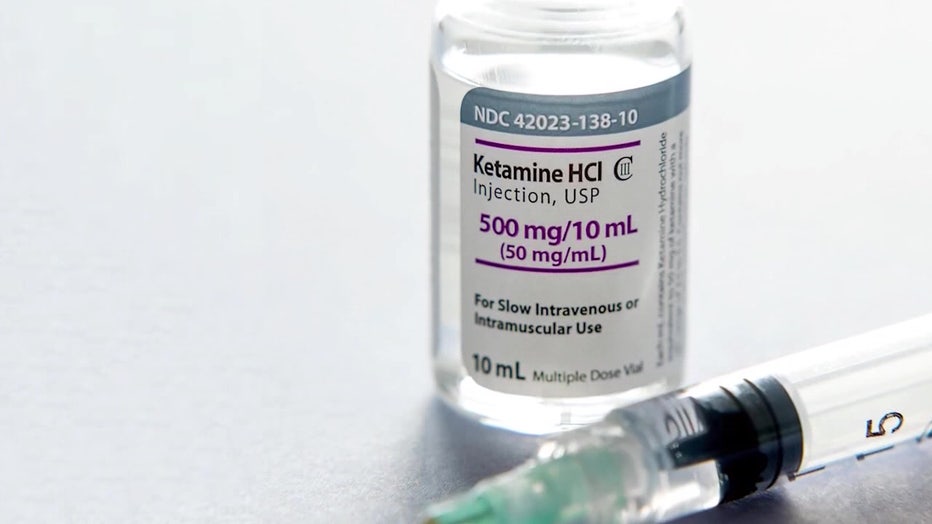
When Maya’s mother insisted the hospital give her daughter Ketamine, hospital staff were alarmed and phoned in a report to the Child Abuse Hotline. They suspected Beata, who was a registered nurse, was making her own daughter sick.
Why wasn't Maya allowed to see her mother?
While under investigation, a judge ordered Maya to be sheltered at the hospital. The child wasn’t allowed to be discharged to her family or another treatment facility and could not see her mother.
According to both the Netflix documentary and the lawsuit, Maya’s CRPS physician confirmed her condition and course of treatment to Johns Hopkins staff, but they continued to press forward with a child abuse case against Beata Kowalski.
After 87 days of no physical contact with her daughter, Beata Kowalski took her own life.
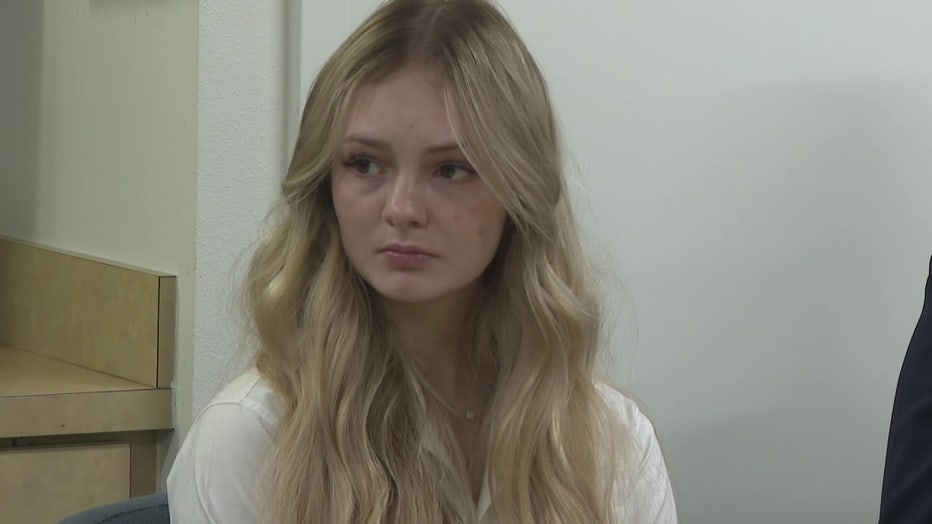
Maya Kowalski sits at a conference table ahead of jury selection.
The hospital's defense is expected to center on how hospital employees are mandatory reporters meaning they're required by state law to call the abuse hotline if they have "reasonable cause" to suspect child abuse. The hospital twice reported Maya's mother to the hotline, but allegations of medical child abuse were never proven.
READ: Fallout continues from All Children's federal report
"Our first responsibility is always to the child brought to us for care," a spokesperson for Johns Hopkins All Children's Hospital wrote in a statement emailed to FOX 13 last week. "It is DCF and a judge – not Johns Hopkins All Children’s Hospital – that investigates the situation and makes the ultimate decision about what course of action is in the best interest of the child."
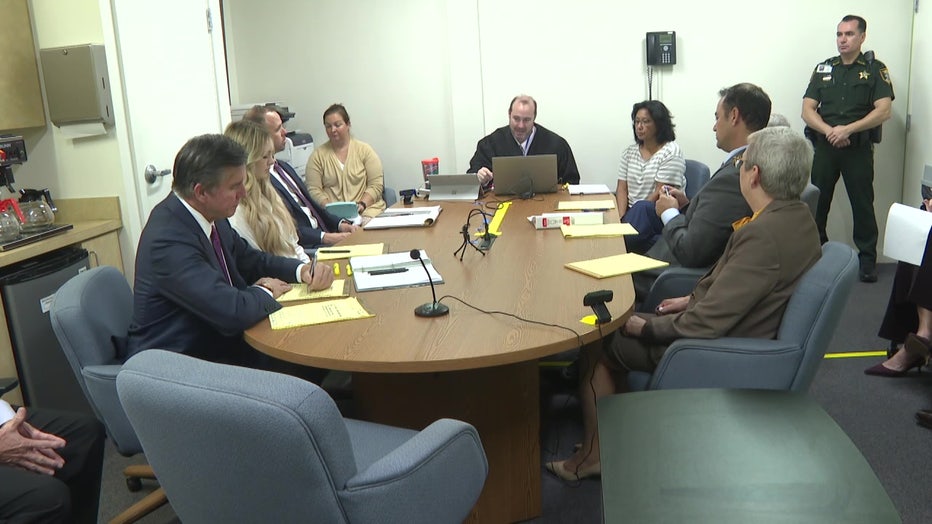
Family at center of 'Take Care of Maya' documentary during a meeting with lawyers.
The Kowalski family is suing for $55 million dollars in compensatory damages and $165 million dollars in punitive damages.
Meanwhile, a jury has been selected in the case and opening arguments are set to begin on Thursday.

